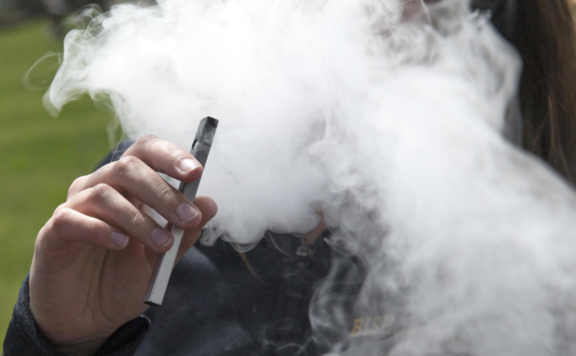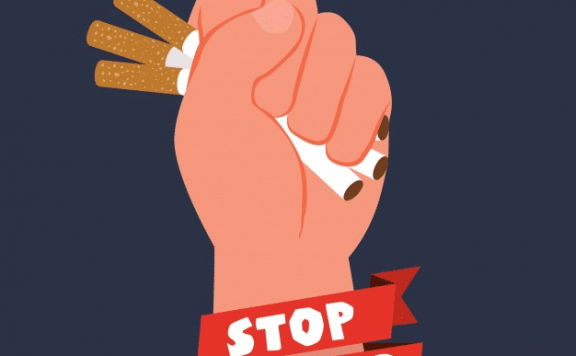On February 16th, the European Parliament adopted a report on cancer fighting, which points that “electronic cigarettes could allow some smokers to progressively quit smoking.”

Relevant paragraph in the report
The European Parliament has the power to pass EU laws together with the Council of the EU. In recognizing the positive effect e-cigarettes can bring to smoking cessation, the legislative body of the EU might have heralded a likely policy trend in this region.
This report also stresses the serious health risks of tobacco use. It is the primary cause of today’s lung cancer, and is responsible for 25% of cancer deaths around the world. Although vaping is not risk-free, an experiment by the Public Health England (PHE) has proven it’s 95% less harmful than smoking. It’s in this context that the report also proposes researchers should view vaping in relative terms, “given that tobacco smoking kills and vaping does not.”
“Finally, an EU institution acknowledges that vaping helps smokers to quit. That is a significant step forward in our fight to save lives by reducing the harms caused by smoking. It shows the power of the voice of individual consumers coming together. Now it is the Commission’s turn to no longer ignore science and the experience of millions of consumers.” said Michael Landl, Director of World Vapers’ Alliance (WVA).
Flavor Ban On the Way?
We can’t rule out the possibility of a flavor ban in the future. The report puts an equal emphasis on identifying “which flavors in e-cigarettes are particularly attractive to minors and non-smokers”, and imposing a ban a on them.
Flavored e-liquid has long been considered as a top reason for teenage vaping. As the rate of e-cigarette use among youths keeps rising in recent years, some countries have launched flavor bans already, such as Ukraine and Denmark. Canada is expected to join the ranks later this year. A general flavor ban on e-cigarettes focuses on regulating fruity sweet e-liquid, excluding tobacco and mint flavors.
The Independent European Vape Alliance (IEVA) calls for reconsidering the ban. Its President Dustin Dahlmann noted, “Research into the impact of flavor bans shows that many vapers return to smoking as a result. This must be prevented. We agree that steps must be taken to curtail inappropriate marketing, while recognising the crucial role flavors play in helping smokers quit.”
Declan Connolly, a member of the Irish Vape Vendors Association (UVVA), holds the same opinions. He understands the concerns over those “child-friendly flavors and packaging“, but disagrees with the act of imposing a one-fit-all ban and losing sight of other facts. That will cause damages to both consumer choices and tobacco harm reduction.
He has solid ground to reckon so by mentioning an IEVA survey in 2020, which found that nearly 65pc of vapers vaped fruit or sweet e-liquids on a daily basis. Flavor ban might just take some vapers back to smoking.







